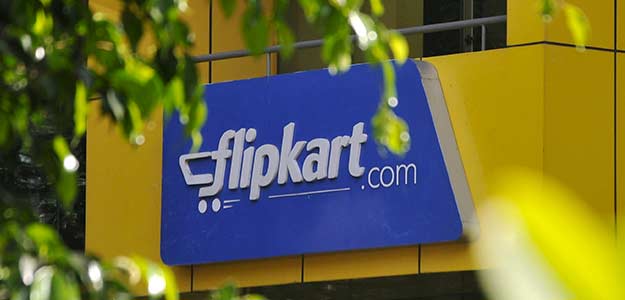Not content with merely being India’s no. 1 e-commerce company, Flipkart is looking to looking to expand beyond the online world. In what can be seen as baby steps towards having a physical presence, it has now launched 20 stores in 10 cities, from where customers can now pick up the items they ordered online.
The move is taken to address the issues of unavailability of customers at the time of delivery and restricted entry of delivery guys into IT parks, gated communities and educational institutions. These stores will also build up Flipkart’s rural expansion strategy by providing an alternative to home delivery at small towns.

Neeraj Aggarwal, Senior Director of Delivery Operations in Flipkart, said the company aims to come up with 100 such stores by March 2016. “We also plan to offer several value-added services at these experience zones to enhance customer engagement. Services like instant returns, spot trials, open box deliveries and exclusive product demos will also be rolled out in the near future,” he further said.
These pickup stores launch is made in collaboration with Flipkart’s logistics partner Ekart. The decision is made after the company saw more than 80% of the shipments are picked up through the stores during a six-month pilot program.
These new batch of Flipkart stores are currently available in Bengaluru, Mysore, Ahmedabad, Delhi, Kolkata, Pune, Vellore, Gurgaon, Vadodora and Surat. Their service will be available to Flipkart customers only and not of Myntra unit. The stores are set to be about 500-1,000 sq ft in size and 70% of the place will be used to store goods.
This model is not new in e-commerce business strategy. Amazon has a locker facility installed in grocery stores and gas stations in several US locations, from where customers can collect the items they ordered online. This moved improved customers’ satisfaction as they no longer have to wait around for the items due to missed delivery.
The trend is soon catching up among other e-commerce firms as well. FabFurnish, PepperFry, Caratlane and LensKart are already offering offline touchpoints to reinforce customer engagement strategy.
